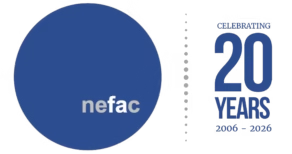We provide reporters, watchdogs and other curious community members the knowledge they can use immediately in newsgathering, data collection, storytelling and other areas of journalism and First Amendment law.
The lessons are provided in a 30-minute format to accommodate the demanding schedules faced by many working in New England newsrooms. The program is free and open to the public. Registration for each lesson is required.

UPCOMING CLASSES
Jan. 15 | Health Care Reporting 101
Feb. 12 | Health Care Reporting 102
March 19 | Copyediting 101
PREVIOUS CLASSES
Data Analysis
- Finding High Quality Data for Stories
- Web Scraping 101
- Web Scraping 102
- Microsoft Excel 101
- Microsoft Excel 102
- Data Cleaning 101
- Data Cleaning 102
- Data Visualization 101
- Data Visualization 102
Legal
- How to Respond to a Subpoena
- HIPAA and Public Records
- FERPA and Public Records
- Drone Journalism
- How to Avoid Libel in Your Reporting
- How to Navigate the Court System
- How to Balance Newsgathering with Privacy Interests
- How to Invoke the Fair Report Privilege
- Copyright Law 101
- Copyright Law 102
- Starting a Non-Profit Newsroom
Sourcing
- Verifying Information Online
- Interviewing Traumatized Sources
- How to Diversify Your Sources
- Develop a ‘Document State of Mind’
- How to Find People Online
- How to Interview Hostile Sources
- How to Cover Marginalized Communities
- Using Signal to Protect Documents and Sources
